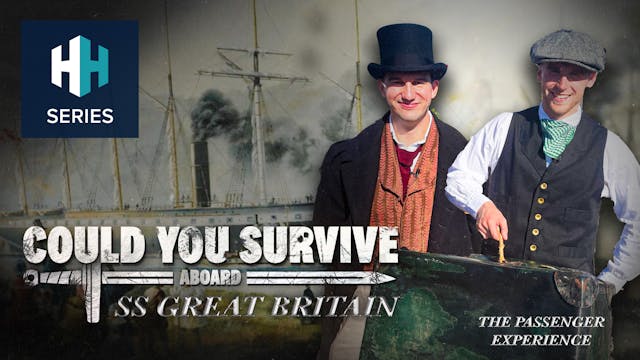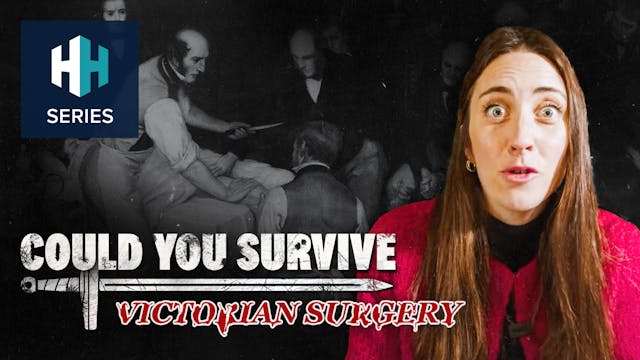By early September 1914, the German advance had reached within 30 miles of the French capital. Executing a modified version of the Schlieffen Plan, designed to quickly attack France through neutral Belgium before turning southwards to encircle the French army on the border, the German army had made significant inroads into enemy territory.
But after a series of successful counter-offensives by the French and British armies, the German Army was forced to retreat and ultimately dug in north of the Aisne River. This signified an end to mobile warfare and an introduction to static warfare - a stalemate that would last for the next three years…
In this episode, Luke Tomes joins the Imperial German Army on the Western Front, where he’ll find out whether conditions were any different to those on the opposing side of No Man’s Land - how new, ingenious strategies would shape your experience on the battlefield and determine your chances of survival…
So the question is, could you survive the trenches as a German soldier during the First World War?
Up Next in Could You Survive?
-
Could You Survive SS Great Britain? P...
When she set out on her first voyage to New York in 1845, SS Great Britain was the largest passenger ship ever built, and she would go on to transport over 30,000 people during her 41-year-working life.
For most of that period, the ship carried emigrants between Liverpool and Melbourne on the n...
-
Could You Survive D-DAY as an Allied ...
It’s 07:00 AM, 6 June 1944, and you’re one of the 150,000 troops embarking on a mission that would define the twentieth century.
Whether you know it or not, this day would almost certainly be the most demanding of your entire existence - when the horrors, complexities and triumphs of life would ...
-
Could You Survive Victorian Surgery?
In this video, History Hit's Alice Loxton dives deep into London’s grisly past. She goes under the knife and takes a forensic look at the horrors of Victorian medicine. And where better to do so than the Old Operating Theatre Museum and Herb Garret - one of London’s hidden gems.
The museum is h...




2 Comments